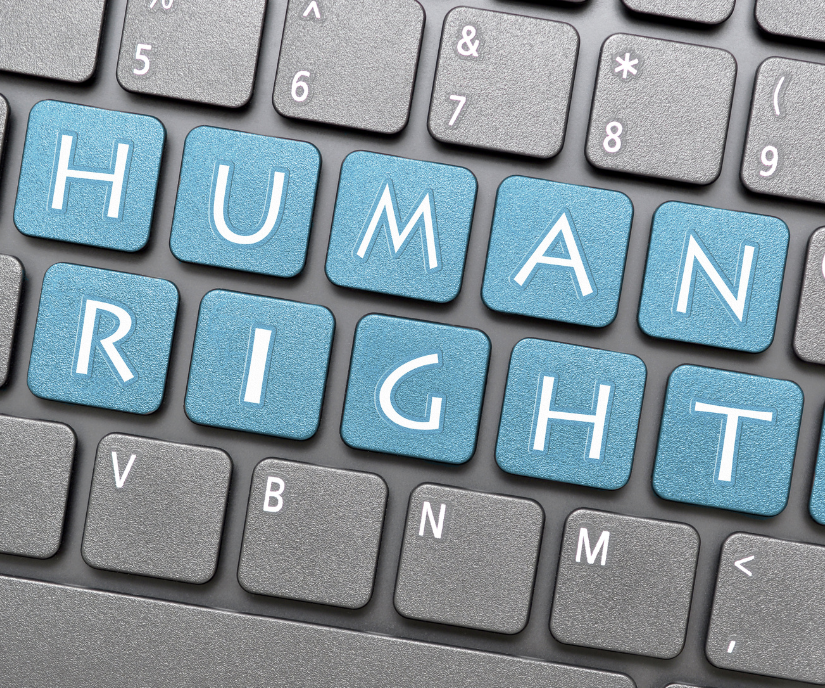Artificial Intelligence (AI) is transforming society, offering opportunities while also raising ethical and legal challenges. The use of AI in areas like surveillance, justice, and freedom of expression has a direct impact on human rights, creating a balance between innovation and the protection of fundamental freedoms.
Opportunities
1. Access to justice
AI analyzes legal data, enhancing the efficiency of judicial systems and improving access to information.
2. Digital inclusion
Advanced algorithms assist people with disabilities, improving access to digital content through voice assistants and automatic translations.
3. Monitoring and preventing human rights violations
AI helps identify human rights violations by analyzing satellite images and monitoring hate speech online.
4. Government transparency
AI systems combat corruption by analyzing suspicious transactions and increasing transparency in decision-making.
Risks and Challenges
1. Mass surveillance and privacy
AI in facial recognition may threaten privacy and personal freedom, especially in authoritarian regimes.
2. Algorithmic discrimination
Algorithms can amplify biases, leading to discrimination in employment, justice, and public services.
3. Censorship and freedom of expression
AI moderating content can make mistakes, removing posts unfairly and limiting free speech.
4. Automation of critical decisions
AI in loans, social benefits, or the judicial system may reduce transparency and hinder human oversight.
Balancing Innovation and Human Rights
To ensure ethical AI development, clear regulations and responsible governance principles are needed. Possible solutions include:
- Data protection regulations to safeguard privacy.
- Algorithmic transparency, requiring companies to explain their decisions.
- Civil society involvement to ensure inclusive AI development.
AI offers extraordinary opportunities but poses significant risks to human rights. Balancing innovation and the protection of freedoms will be key for a future where technology serves humanity.


